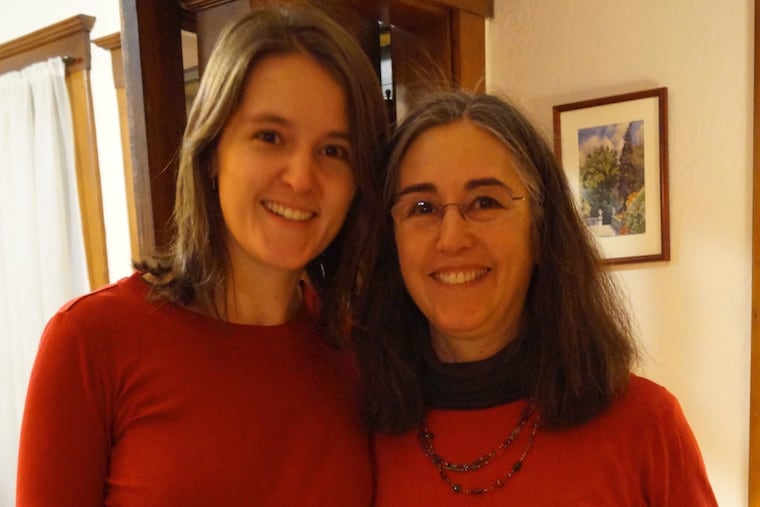My mother is never going to die, but we’ll plan for it anyway l Expert Opinion
As an oncologist, I see what happens when death comes before a family has had time to make plans. During the pandemic, it's especially important to have difficult conversations with loved ones.

Every three years, I sit down with my healthy, active and beloved mother, and we plan her death, sometimes over wine.
We talk about what could happen if she became suddenly ill, or got hit by that proverbial bus, or started a slow decline. We talk through whether she would want assistance to breathe, a tube between her stomach and her skin to provide nutrition, a catheter to drain her bladder. We talk through whether she would want to live in a nursing home or at her own home with help or with one of her children. We write everything down.
It is uncomfortable. It is awkward. I say, “Not that this will ever happen, not to you,” no less than half a dozen times.
I am a cancer surgeon. I have seen it happen. Many times. In fact, the last six months have taught us that we can all get hit by that proverbial bus at any time. What I rarely see is a patient like my mother, who has deliberately discussed her end-of-life wishes with her doctor and loved ones. It is time for this rarity to become the new normal.
Even for a physician, this is not an easy conversation to have. As a medical student, I sent my mom a sample conversation guide. I thought she would review it and tuck it away somewhere. My mom, Martha, newly divorced and caring for ailing parents, wisely knew that more was needed. She asked to go through it with me. It is an understatement to say that I was very nervous.
We sat at her dining room table and went through each question. As we talked through the guide, it pained me to imagine my mom suffering in any way. But I was also in awe of my mother. I realized that listening to her hopes and her fears was a gift.
I have since thought of that afternoon at her dining table every time I talk to a patient’s loved one trying to do the best for their mother, father, wife, husband, daughter, son, or friend. One of my mom’s biggest fears, I was surprised to learn, is that she doesn’t ever want to be a financial or physical burden to her family. By having this conversation, she has already taken away some of the burden of these hard decisions. And for that I am deeply grateful.
It may be nerve-wracking, but my mother showed me that the conversation is not as daunting as you might think for several reasons:
Every conversation preparing for a person’s death is actually a conversation about her values and her life. The discussion is more about understanding who the person is and what is important to them. My mother verbalized things I knew about her but had not put into words myself. She is extremely independent. She loves traveling, going for walks, and seeing friends and family. Some medical care would not let her do any of these things. Maybe that would not be the right care for her.
It is not necessary (or even possible) to plan for every hypothetical situation. Global pandemics happen. Sudden illnesses happen. Medical care can get complex quickly. It is impossible to plan for everything — so don’t. Think about some common scenarios and, more important, talk about why or why not a type of care is or is not wanted. This discussion will help highlight the person’s values and wishes, which can guide unanticipated medical decisions.
Nothing is written in stone, nor should it be. What we want and what is important to us evolves, as we do. People are also very resilient and highly adaptable. For example, many of my patients initially think that having a long-term catheter in their bladder or a connection between their bowel and skin to drain stool would ruin their lives. And then they get used to it, and they figure out how to live their lives around it. We learn, we grow, we experience, and we change our minds.
So, talk about what’s important. Write it down. Share it (or at least share where you wrote it down) with your doctor, lawyer, and loved ones. Revisit it. I am already dreading the moment in two more years when I will sit down with my mom to talk again. I will bring the wine. She will bring her notes. It is hard. It is crucial. Having a conversation about your loved one’s wishes at the end of life is an act of love.
For more information, talk to your doctor, and check out these resources online: AARP The Conversation Project, Our Care Wishes, Prepare.
Katherine Hicks-Courant is a gynecologic oncology fellow at the University of Pennsylvania.